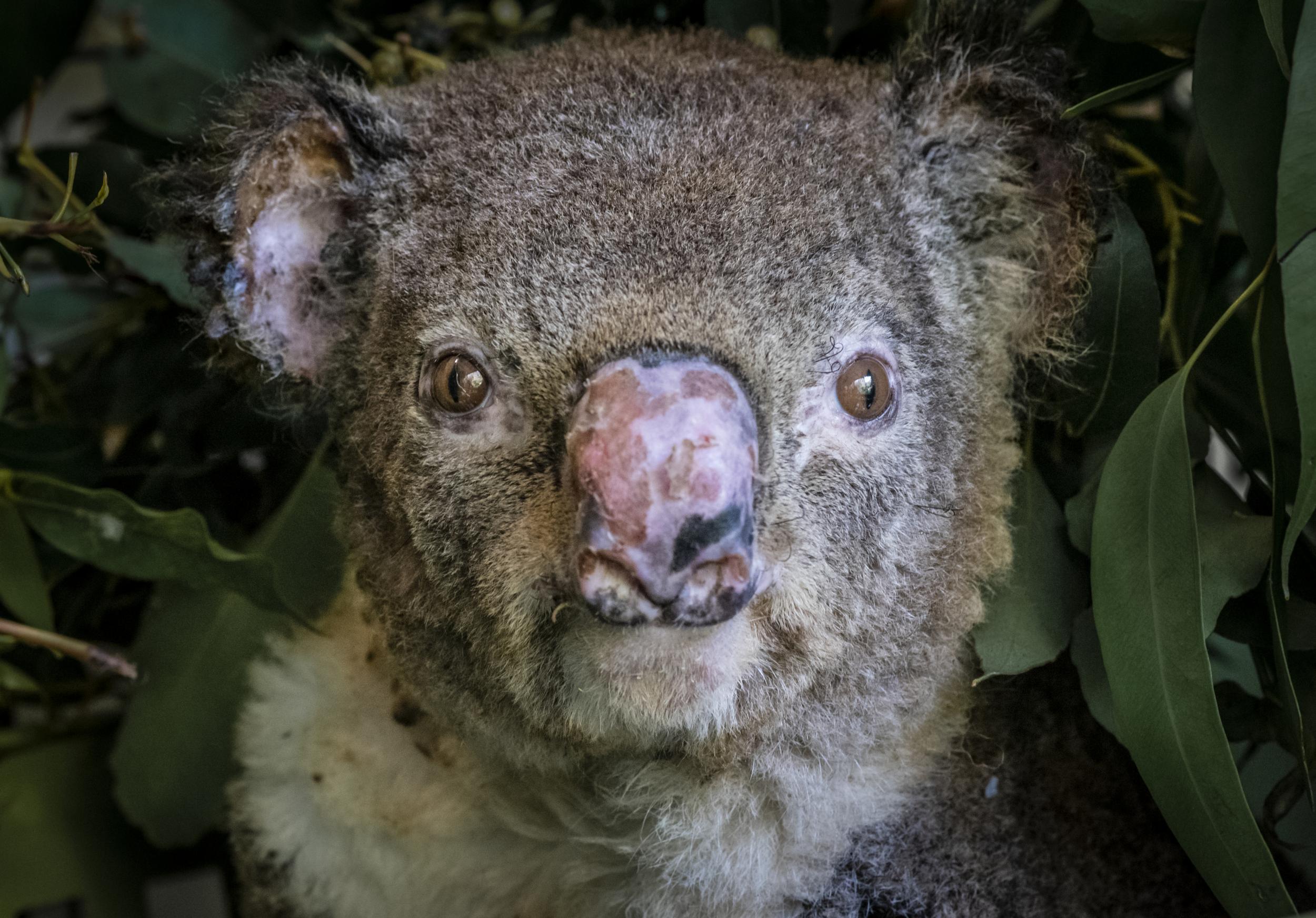Global fires are up 13% from 2019’s record-breaking numbers
Fires release the equivalent carbon emissions into atmosphere as annual output of European Union
Fire outbreaks around the globe are up 13 per cent this year on 2019’s record-breaking numbers, according to a report published on Thursday.
The disturbing trend comes amid wildfire reports across continents. Firefighters in California are battling some of the largest wildfires in the state’s history while several large fires are also burning in Colorado. Global Forest Watch’s fire report states that in the past four weeks, Argentina had the most fire alerts globally (7,630) followed by Cyprus, Comoros, Lesotho and South Africa. In Australia, the 2019-20 fire season was the worst ever, with one-fifth of all trees destroyed.
The latest data from Brazil reveals fires in the Amazon rainforest are up 52 per cent in 2020, from the ten-year average, and are almost a quarter (24%) higher in the past three years. The new analysis, by the World Wildlife Fund (WWF) and the Boston Consulting Group, found that alerts of deforestation in the region are also a third higher than last year, which increases the risk of fires due to dried-out vegetation.
Fire seasons are also now nearly 20 per cent longer than in the 1970s, and becoming more intense.
According to the report, 75 per cent of all wildfires are started by people and, in total, have released the equivalent amount of carbon emissions into the atmosphere as all EU countries combined on an annual basis.
According to the UN’s Intergovernmental Panel on Climate Change (IPCC), human-caused, carbon dioxide (CO2) emissions must drop by around 45 per cent by 2030 from 2010 levels, if we are ever to achieve “net zero” by mid-century.
Wildfires and the climate crisis form a vicious circle with hotter and drier weather, along with land conversion for farming and poor forest management, creating a perfect storm of conditions. The carbon pumped into the atmosphere by fires increases global heating, and the cycle continues.
Mike Barrett, Executive Director of Science and Conservation at WWF-UK, said: “The combination of climate change, deforestation and burning land for agriculture lead to more extreme, frequent and longer-lasting fires. And rainforests like the Amazon, previously too wet to burn, are no longer spared.
“We need to stop deforestation as a matter of urgency, reprioritise dwindling investment in fire prevention and rehabilitate destroyed areas. Deforestation, climate change and fires are pushing the Amazon towards a point where it cannot recover. If we lose the Amazon, we lose the fight against climate change. There will be no going back.”
Halting the destruction of rainforests will play a part in mitigating catastrophe as they act as vast carbon sinks which, by one estimate, absorbs around 600 million tonnes of carbon per year or 23% of the world’s total.
However the WWF report notes that rainforests are vulnerable to wildfires: Tropical forest fires produce 15 per cent of total emissions from fires each year, despite being only 7 per cent of the land burned globally.

A burnt koala named Flash, a victim of the bushfires at Hillville near Taree (NSW), in Australia, December 2019 (naturepl.com / Doug Gimesy / WWF)according to the report, Fires, Forests and the Future.
In the Amazon, indigenous communities are particularly vulnerable to wildfires and since January, some 1,453 fires have torn through their territories. This year has also brought the additional threat of the coronavirus pandemic. Some 700 indigenous people have died from Covid-19 in Brazil.
Bitaté Uru-eu-wau-wau, 20, president of the Uru-eu-wau-wau Indigenous People’s Association, said: “The feeling is that in 2020 there may be more fires than in previous years. We just completed a monitoring activity and discovered several deforested areas within the Uru-eu-wau-wau Indigenous Land, which are likely to be burned soon. We found deforested areas four kilometres from the village. It is very close.
“Fire poses many problems for indigenous peoples, such as scaring off hunting and affecting our health. As we have low immunity, fires also aggravate respiratory problems, mainly affecting isolated people, who are much more vulnerable. It brings us enormous concern...
“I am a young indigenous leader, and it was very painful to see the sadness of the older relatives because of this threatening situation. I want the whole world to know what indigenous peoples are facing in the Amazon.”
Join our commenting forum
Join thought-provoking conversations, follow other Independent readers and see their replies
Comments
Bookmark popover
Removed from bookmarks